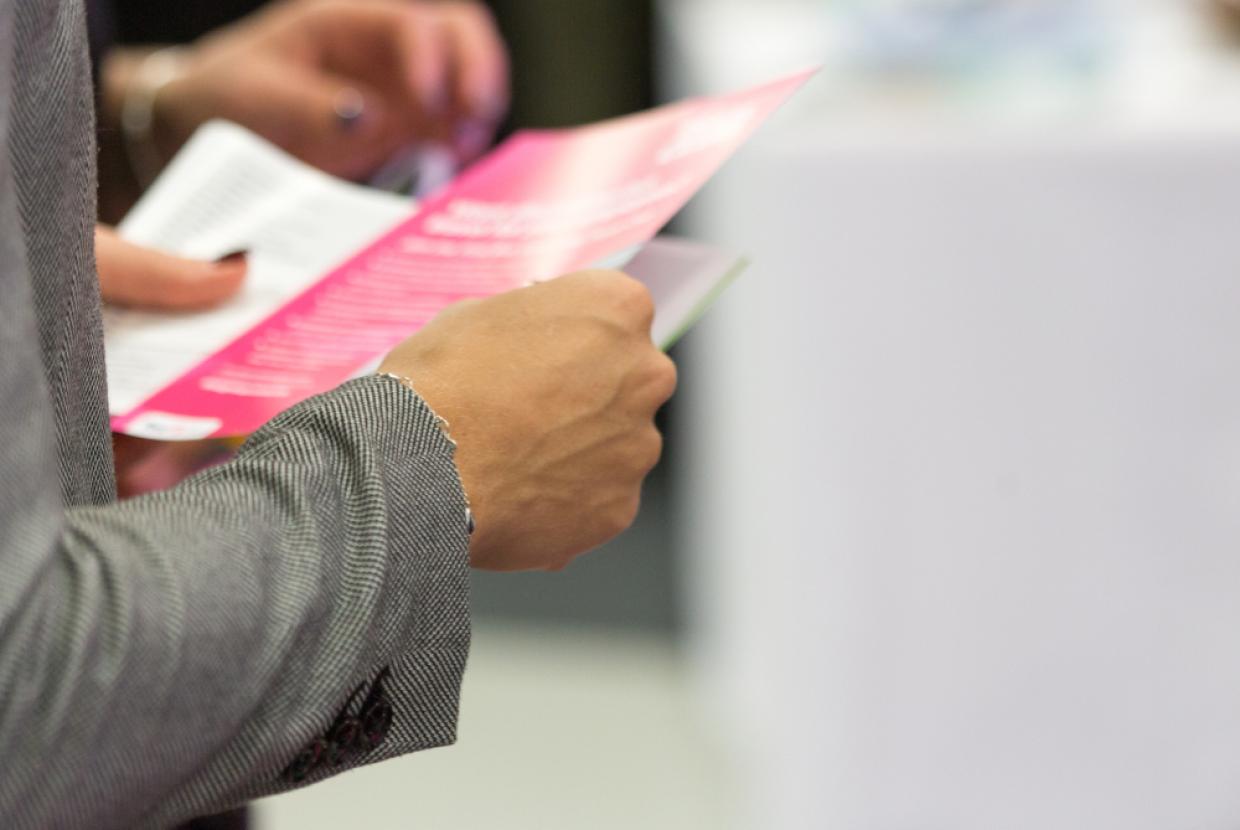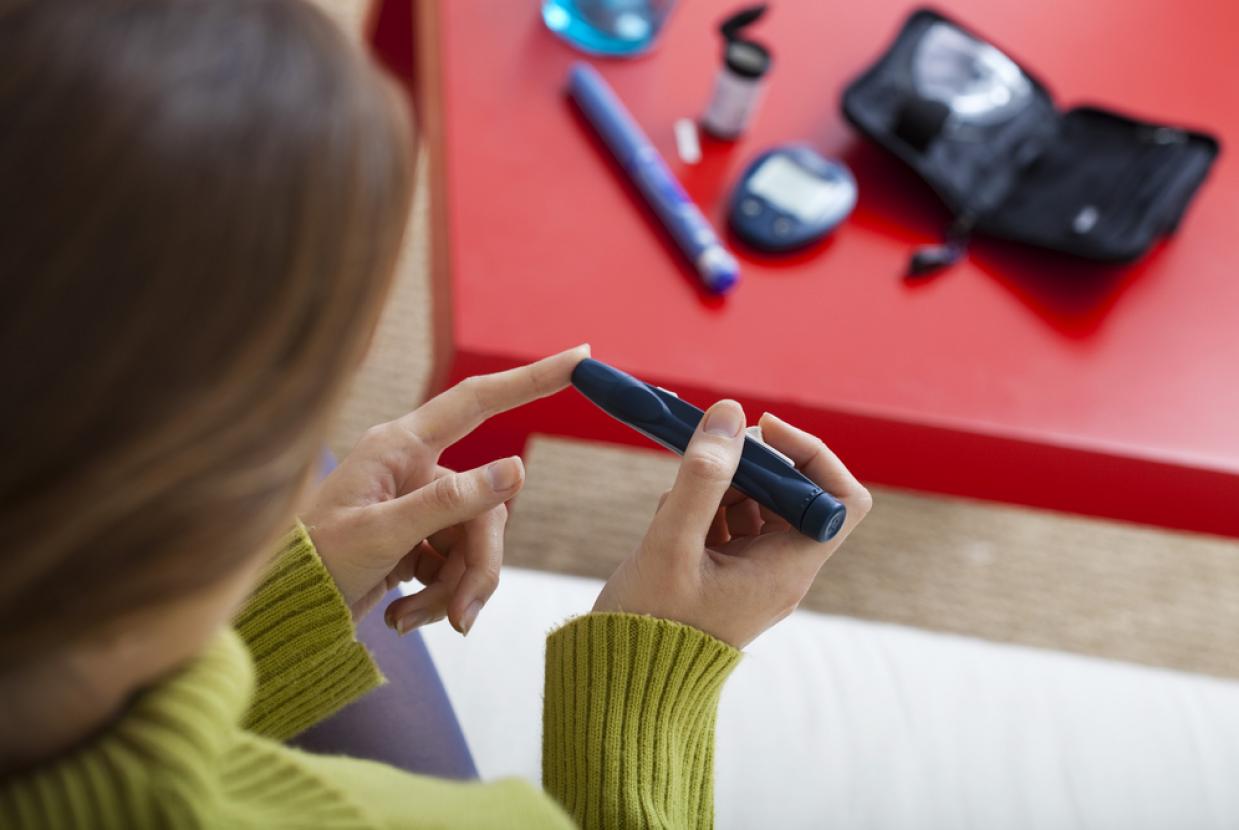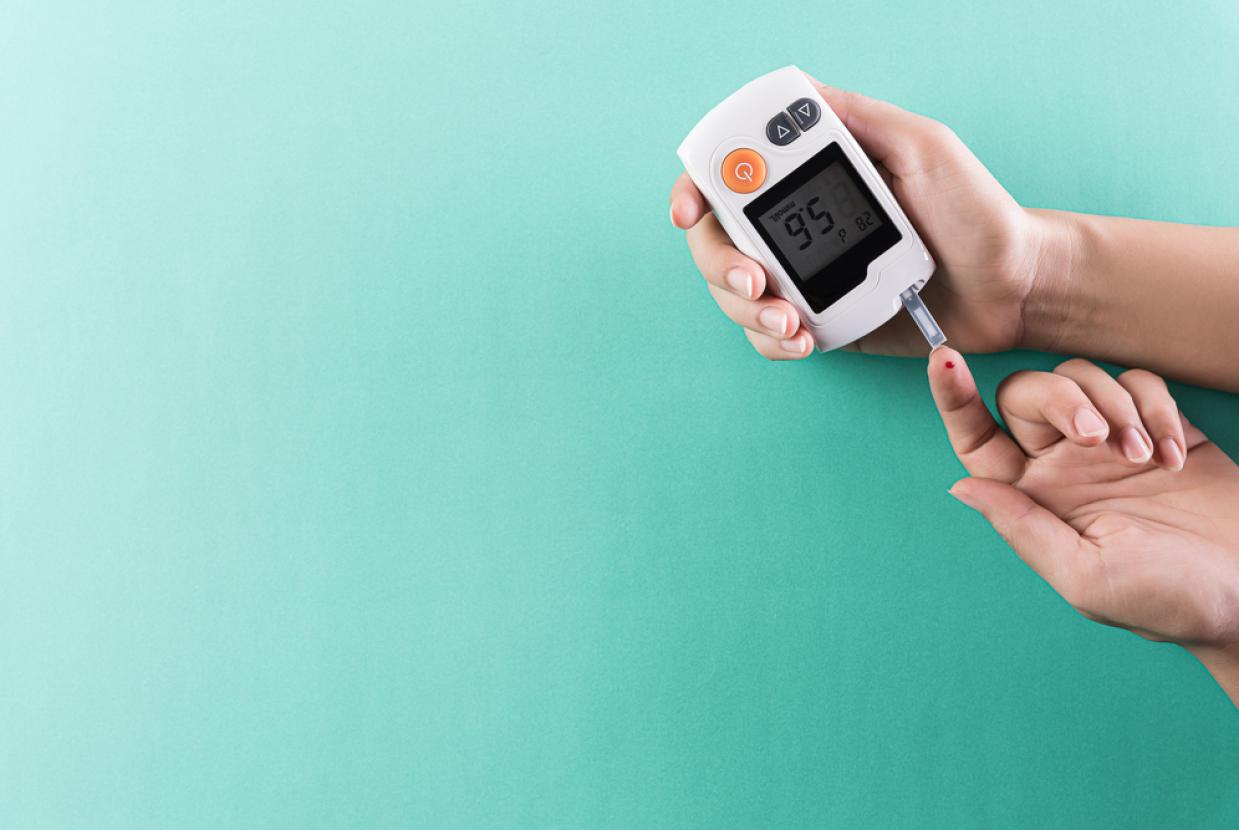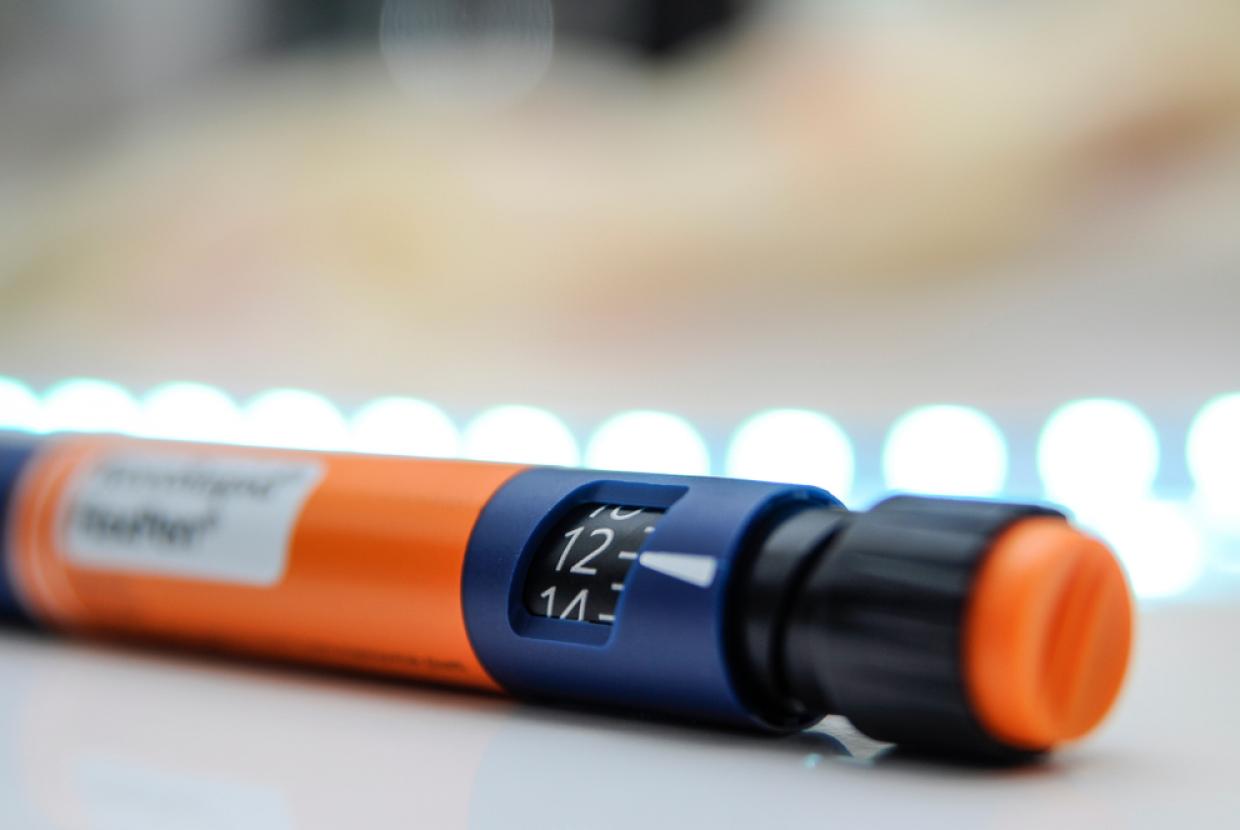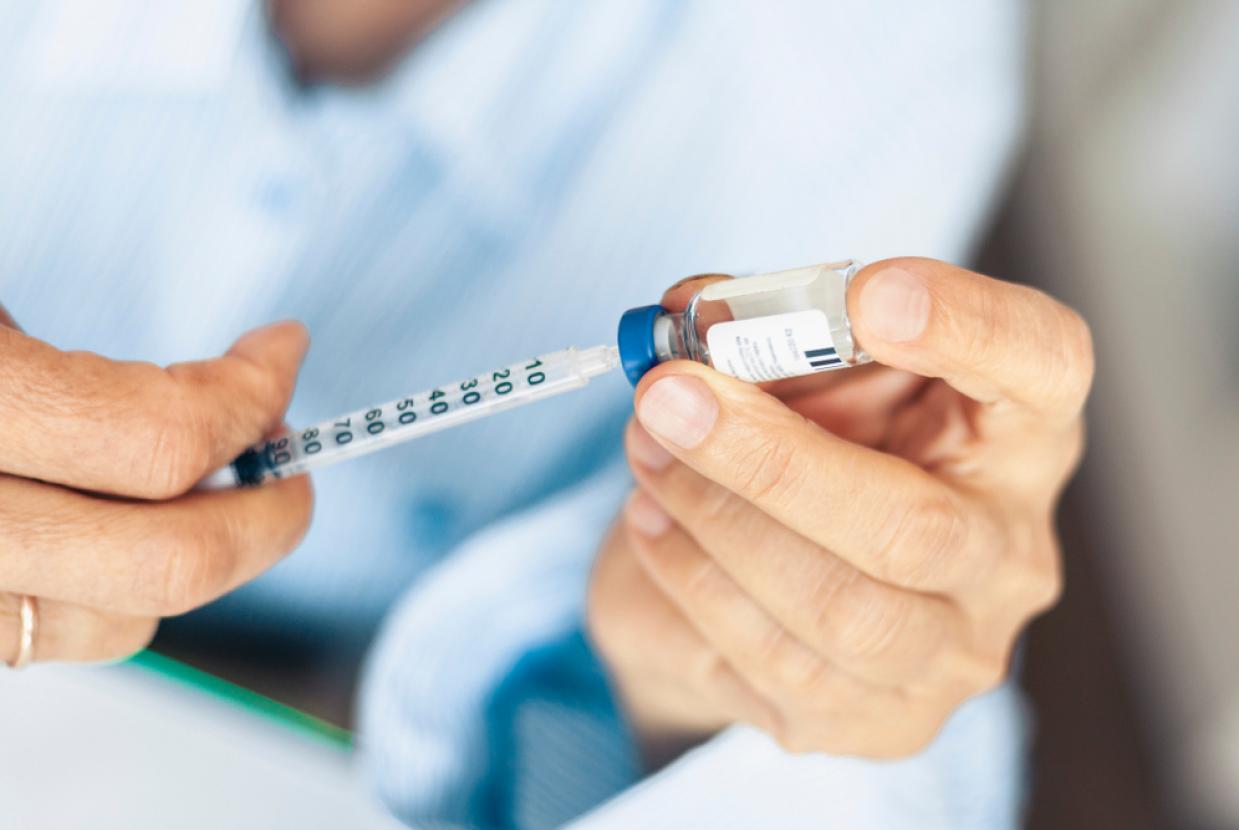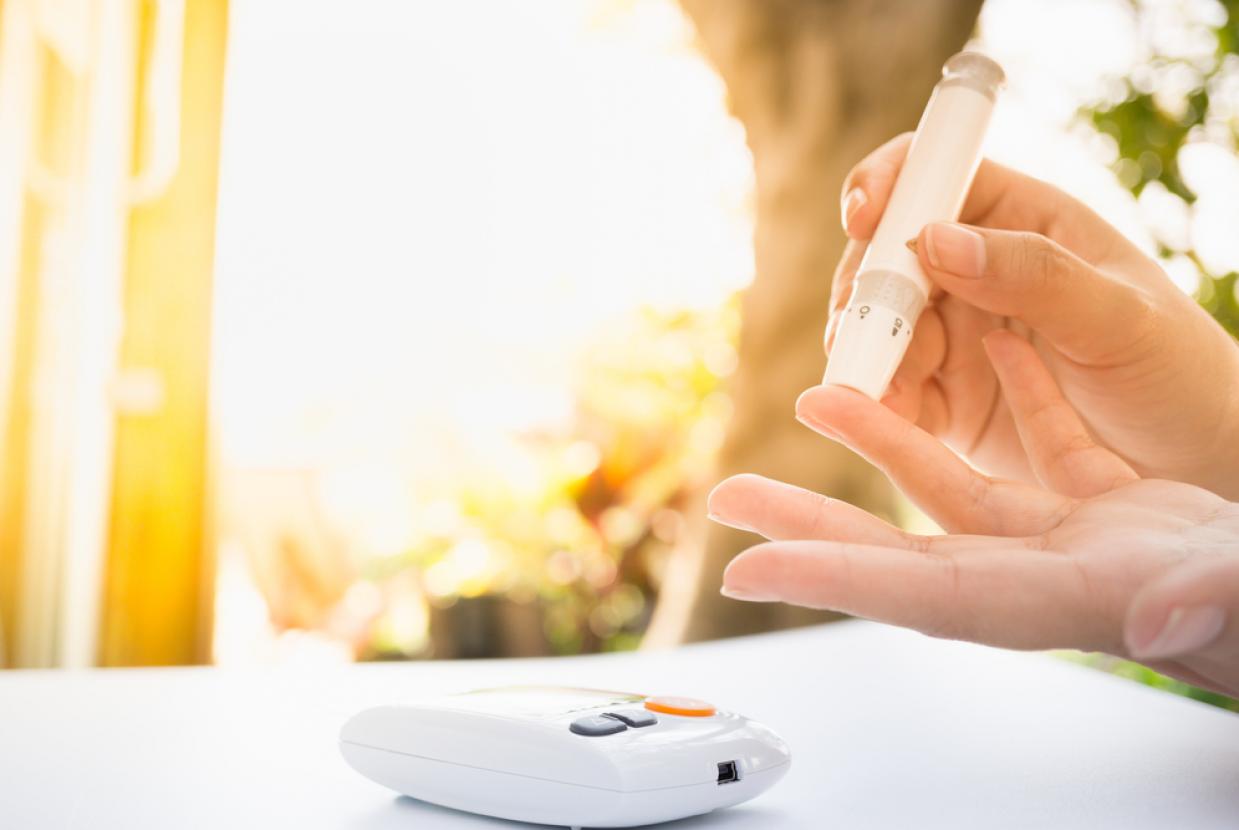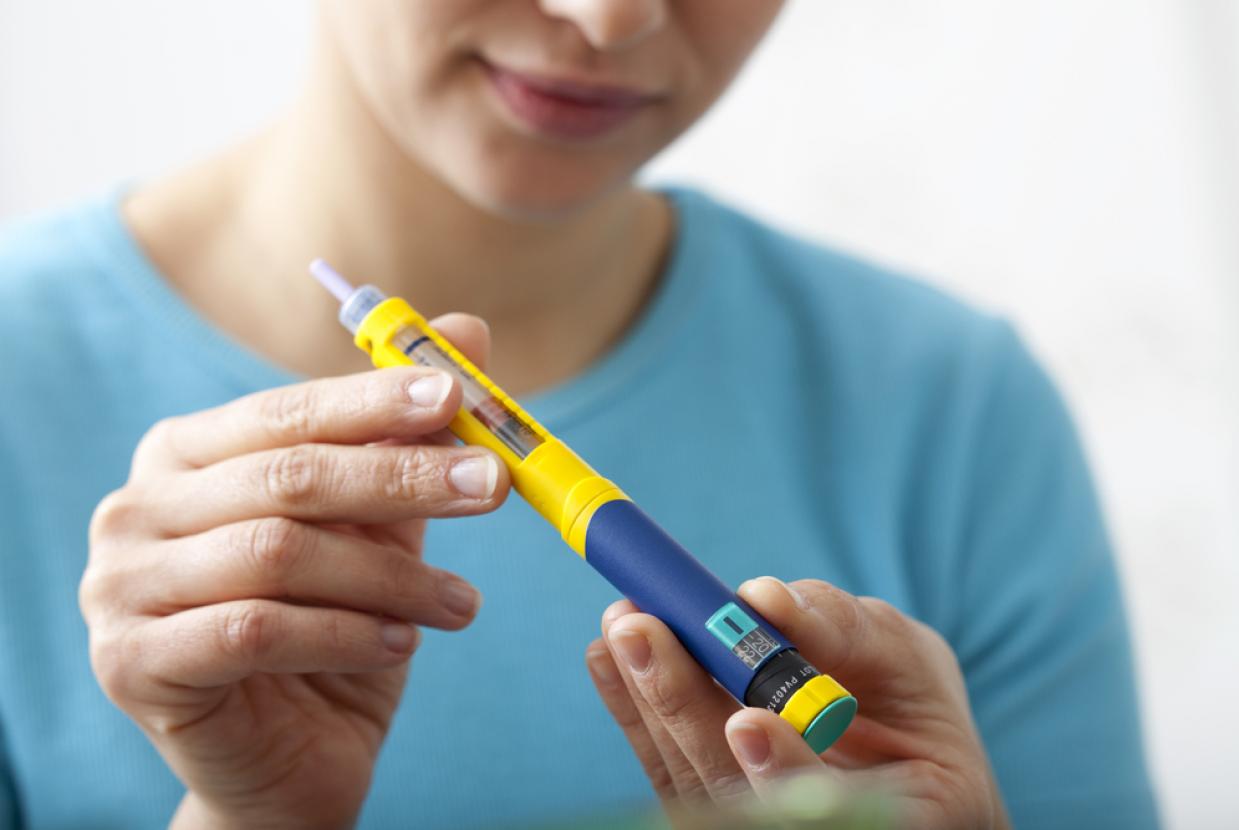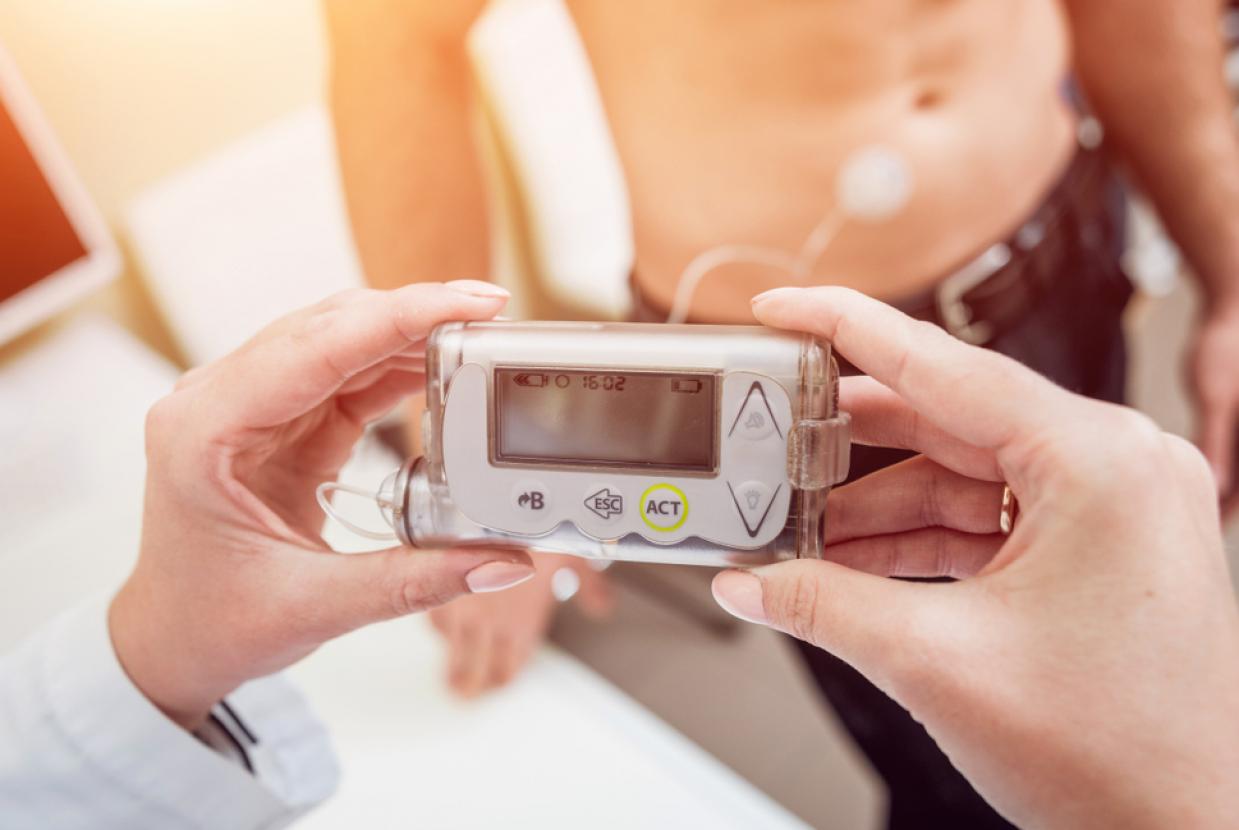Coping With A Diagnosis Of Diabetes
DiabetesBeing diagnosed with diabetes can be a huge shock and you might be finding it difficult to come to terms with. It’s important to know that whatever you’re feeling is completely normal and you are not alone.
In the weeks and months after you’ve been diagnosed with diabetes, you and the people close to you will have lots of questions about your condition and what this will mean for your future.
With so much to think about and so many changes to make, you may find that you’re struggling to cope with your diagnosis and need some support.
Coping with the emotional impact of your diabetes diagnosis
When newly diagnosed, it’s difficult to come to terms with the fact that diabetes is a serious condition. It's lifelong for people with type 1 diabetes and can be lifelong for many people with type 2 diabetes too. You are likely to be facing what seems like an endless and daunting list of new tasks. These might include getting to grips with new medications or coping with injecting insulin.
On top of this, you might be trying to make big lifestyle changes, like changing the foods you eat and perhaps feeling guilty when you don’t get it right.
It’s perfectly normal to feel angry, shocked, numb, low and overwhelmed in the weeks and months following your diabetes diagnosis. We also know that depression is twice as common in people with diabetes, so it’s important to open up to someone and seek professional help if you feel depressed.
If you’re the carer or parent of someone who has been diagnosed with diabetes, you might experience these difficult emotions too.
Coming to terms with having diabetes
When you’re diagnosed with diabetes it can bring with it a great sense of loss. And after diagnosis, most people go through a period of mourning, which involves acknowledging your grief, anger and fear. This process is an important part of your emotional recovery, so don’t be tempted to rush or overlook it.
Remember that everyone is different and how you and your family cope with your diabetes diagnosis will vary. You might find that one day you feel positive and motivated to manage your condition and the next you feel low and hopeless.
Be kind to yourself and celebrate small successes. Starting a mood diary or journal can be a great way to keep track of your emotions and spot any links between how you feel physically and emotionally. It’s also important to open up to someone you can trust. You can share your diabetes peak (success) and diabetes pit (difficulty) of the day or week with them, to help make it easier for you to talk about how diabetes makes you feel.
As time goes on, you will adjust to your new way of life and you’ll become more confident in your ability to cope with the demands that diabetes can throw at you. Difficult emotions might come back at times, but if they don’t last too long, try not worry about it. It can be hard to feel positive about your diabetes all the time.
There are lots of things you can do to help yourself. And we have loads of information and support to help you cope.
Get help from your diabetes healthcare team
Getting emotional and psychological support from your healthcare team is part of your 15 healthcare essentials. This is the care and support you're entitled to when you have diabetes.
It’s important to start getting this care as soon as you’re diagnosed with diabetes. Taking the following steps with your healthcare team will help you to come to terms with your diagnosis and get the right support:
- write down your thoughts, feelings and questions before your appointment
- ask someone you trust to go with you to your appointments
- if a carer or someone close to you comes to your appointment with you, ask them to make notes so you don’t have to worry about remembering every detail
- be honest about your health and how you’re really feeling
- get the information you need, at your own pace
- understand your new responsibilities and the part you play in managing your diabetes
- don’t be afraid to ask for help if you’re struggling with any of the impacts of diabetes, however small or big the issue feels.
Take a look at our information on meeting your healthcare team and how to get the most out of your appointments with them.
Talk to people who understand diabetes
Being diagnosed with diabetes can make you feel isolated and you might find it difficult to open up about how you’re feeling. But talking to people who understand you can really help. And over time, you may even find your own community.
Family and friends
It can help to talk to a family member or friend that you trust. These conversations can be difficult at times, so we have put together some tips to help you talk about your diabetes with your friends and family.
Our helpline
Talk to a trained counsellor on our helpline. They can give you information about your condition, take time to talk things through and explore how you’re feeling.
Our online forum
Our forum is an online community where you can exchange knowledge and experiences with other people with diabetes. It even has a group for new people, giving you the chance to find out how other people are coping with their diagnosis. You don’t have to sign up, you can just observe the conversations if that makes you feel more comfortable.
Local groups
It can be helpful to meet other people who live with diabetes and talk about your experiences. Our local groups can offer understanding, help and support at an important time.
Other support
You may also want to get more professional support and speak to a counsellor face-to-face. Speak to your GP or hospital team and they will advise you on how you can do this.



